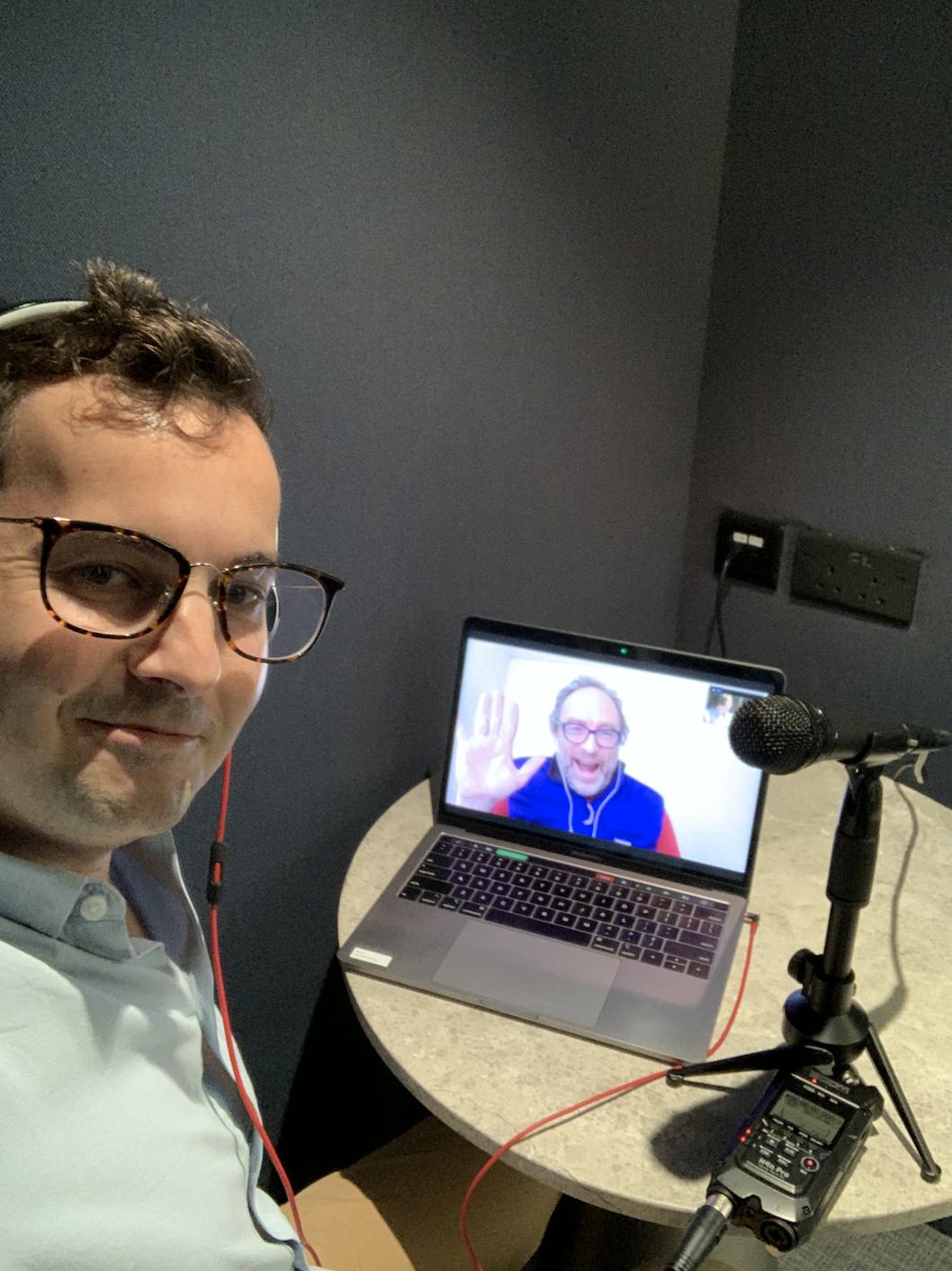In the first episode of the second season of Gen.T’s podcast Crazy Smart Asia, Wikipedia founder Jimmy Wales talks about the value of failure, balancing profit with a social mission, and being the good guy of the internet
Our podcast Crazy Smart Asia, which explores the unexpected stories of Asia’s disruptors, is back for a second season.
Our first guest, Wikipedia founder Jimmy Wales, might not be from the region, but his global influence is undeniable.
Wikipedia is the fourth most-visited site in the world. Its billions of pageviews a month leave the likes of Amazon and Twitter in its dust, making it indisputably one of the most influential brands of the 21st century. From helping high school kids with their homework to busting misinformation about vaccines and climate change, Wikipedia is a vital cultural touchstone and advocate of truth.
Through it all has been Wales’ unwavering desire to marry both purpose and profit. So is it true that he put Wikipedia into a charity foundation when it was worth over 3 billion dollars? Well, yes and no.
In conversation with Gen.T’s regional editorial director Lee Williamson, Jimmy sets the record straight on turning down billions, and talks about the power of community, the value of failure, and why he’s not trying to be the anti-Zuckerberg.
Here are a few excerpts from the conversation. Click the audio player below to listen to the episode or subscribe via Apple, Spotify, Google or wherever you get your podcasts.
Following your passions
“I like to just get up and do the most interesting thing I can think of to do. Fortunately, I'm a geek so that doesn't involve jumping out of planes or anything like that.”

